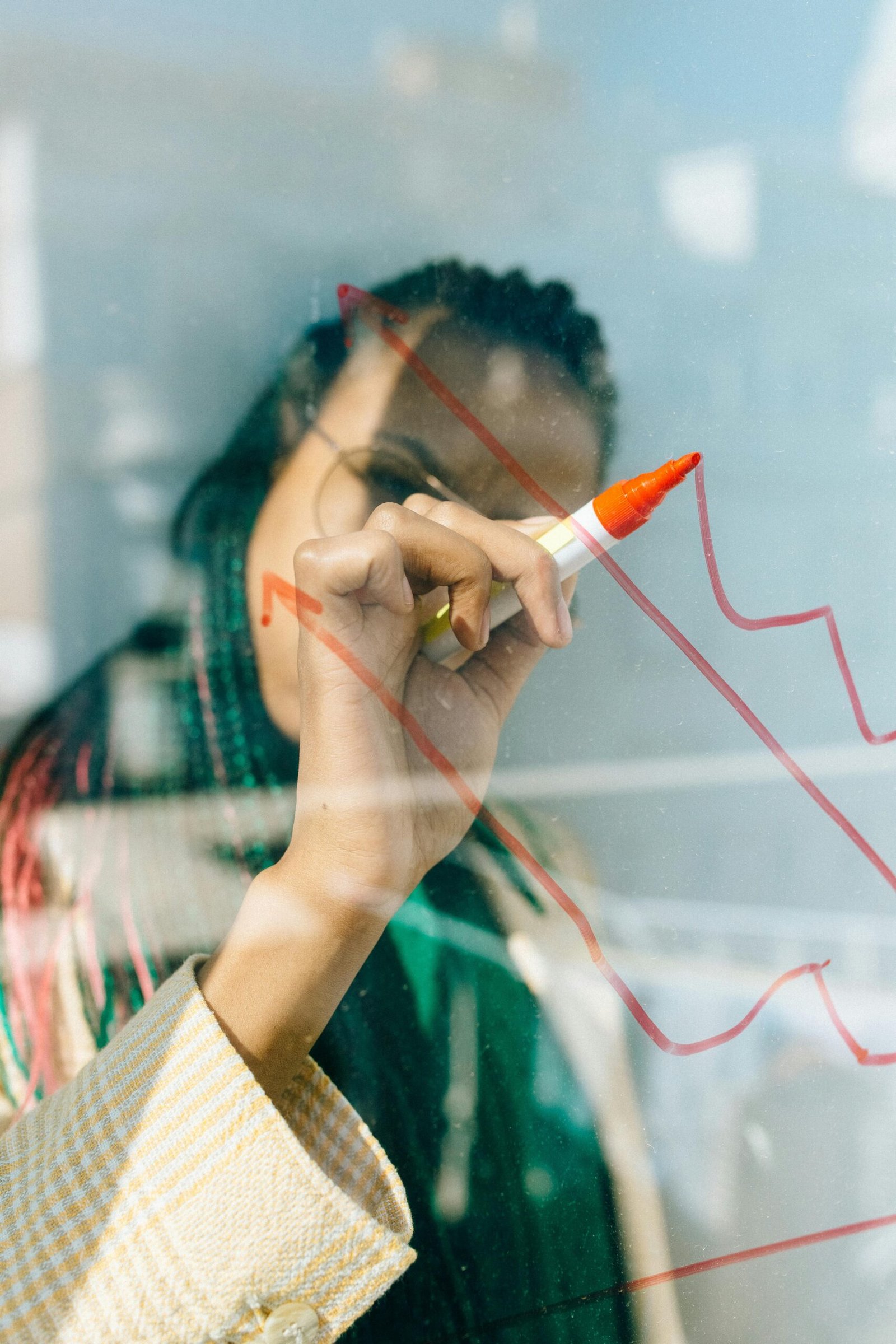Trading Psychology Explained
For example, trading psychology refers to the emotions and mental states that either help or harm your trading success. This encompasses everything to do anything where there are trading actions and matters just as much knowledge, experience, or skill in determining success when you trade securities.
Two of the most critical factors in trading psychology are discipline and risk management.
How a trader uses these components can spell success or failure in that all-so-rare opportunity. In addition, trading psychology often includes the emotions of hope and regret that influence individual behaviour.
Key Points
However, high-frequency trading does not involve making sense of the market because it involves fast thinking and dealing without emotions. Since humans can never be free from our emotional skins/Trading psychology, which are rooted in evolution, decisions made when you’re exhausted should seem less rational if they were equivalent.
Greed and fear have the upper hand here.
Greed = Go for the dodgy option
Fear can lead to overly conservative choices that don’t pay off significantly.
Behavioural finance has identified numerous psychological biases and errors in trading/investment decisions.
Trading Psychology Explained
You also break free from the emotional grip that is often part and parcel of market trading. Greed and fear are the two critical reasons for this emotional trading per tradition.
Greed can make our thinking and judgement fussy.
It arises out of an excessive desire for wealth, which might lead to speculative trades, buying in hot trending companies with no history, or putting money into things that are hardly worth it. Most visible is greed appearing as a momentum play at the end of bull markets.
Instead, fearful traders might cut positions too early or avoid them altogether because of the risk of such significant losses. Panic leads to selling, and fear becomes intolerable during bear markets, resulting in portfolio decimation.
Traders have FOMO, which causes them to enter into trades they missed out on initially. This is one way weekly prices fall from their highs.
Why Trading Psychology is vital:
The performance of a trader’s portfolio is associated with the investment decisions they make, which are governed by emotions, biases, and mental processes. These decisions are based on fundamental analysis of financial and economic statements or technical analysis applied to historical market data. Nevertheless, biases and heuristics may impact both the collected or available data and how they are used when interpreting them, thereby introducing errors in judgment and sub-optimal outcomes for your portfolio.
Behavioural Finance:
Trading psychology is also about learning why people trade irrationally. Behavioural finance is a sub-area of behavioural economics that focuses on psychological influences and biases in the decision-making process. These factors often explain market anomalies, such as rapid price changes.
The Efficient Market Hypothesis, for example, used to assume rational market participants and efficient markets – but behavioural finance nudges us away from such assumptions by highlighting the role of biases and heuristics in decision-making. It aims to understand the investment decisions and how they affect financial markets.
Behavioural Biases in Investment :
Some biases in behavioural finance:
People tend to classify assets and portfolios, even down to the individual security level, by selling winning stocks over losing ones purely based on their tax position.
OverconfidenceSelf-Attribution Bias: Overestimations of ability and knowledge, uncontrolled trading behaviour due to over one’s confidence councils, poor performance.
Follow-the-herd behaviour: Doing what everyone else does, often without thinking it through properly; market bubbles and crashes.
Emotional gap: Taking decisions as the market participants are in complete fear or euphoria mode, leading to knee-jerk responses and driving prices into higher volatility.
Trapped by anchors: Making decisions based on arbitrary markers, like what you paid for the investment in the first place rather than current market conditions.
SELF-ATTRIBUTION Attributing successes to personal skill and failures to external factors promotes excessive self-confidence and biased decision-making.
Disappointed expectations: Attaching more weight to expected losses than gains and thus making overly conservative investment choices.
Disadvantages of not paying attention to Trading Psychology:
Unmindful of trading psychology: Traders who do not necessarily run ahead to sell the winners and hold on indefinitely (hope against hope)to losing trades, adopt momentum-driven stocks without analysis or research, rely solely on past performance too much, and trade excessively, ignoring risk in their pursuits. During market volatility, our reactions can take over and lead to some impulsive decisions.
Overcoming Biases:
Educating traders on subjects like behavioural psychology and economics, having a long-term vision after a properly planned structured trading approach with clear rules/de-risking incorporated in it, and maintaining objective research work around price action/behavioural cases as per instrument possibility to unfold are few ways which tend to help Traders get over these tendencies or biases from occurring.
Conclusion:
The facts of the matter are that trading psychology itself (this includes all your biases, heuristics and emotional curses: we’ll get back to fear/greed in a bit) is at least as necessary – if not more so – than knowledge/skill level for determining success behind the screen. Understanding these elements can help you become a more efficient and better decision-maker/trader. Behavioural finance is designed to explain how decisions are made in the financial part and their effects on the market by pointing out some common biases regarding mental accounting, overconfidence, herd behaviour with its emotional cocktail (greed-fear-), anchoring or immobilization bias when a decision doesn’t change it’s levels just because there have been changes before due other factors. This leads to self-attribution bias, which leads us into loss aversion, where we sit like scared rabbits and do not do anything. Cuda. Exposing them and eliminating bias will improve your trading; it is something that even the most seasoned trader can fall prey to.










